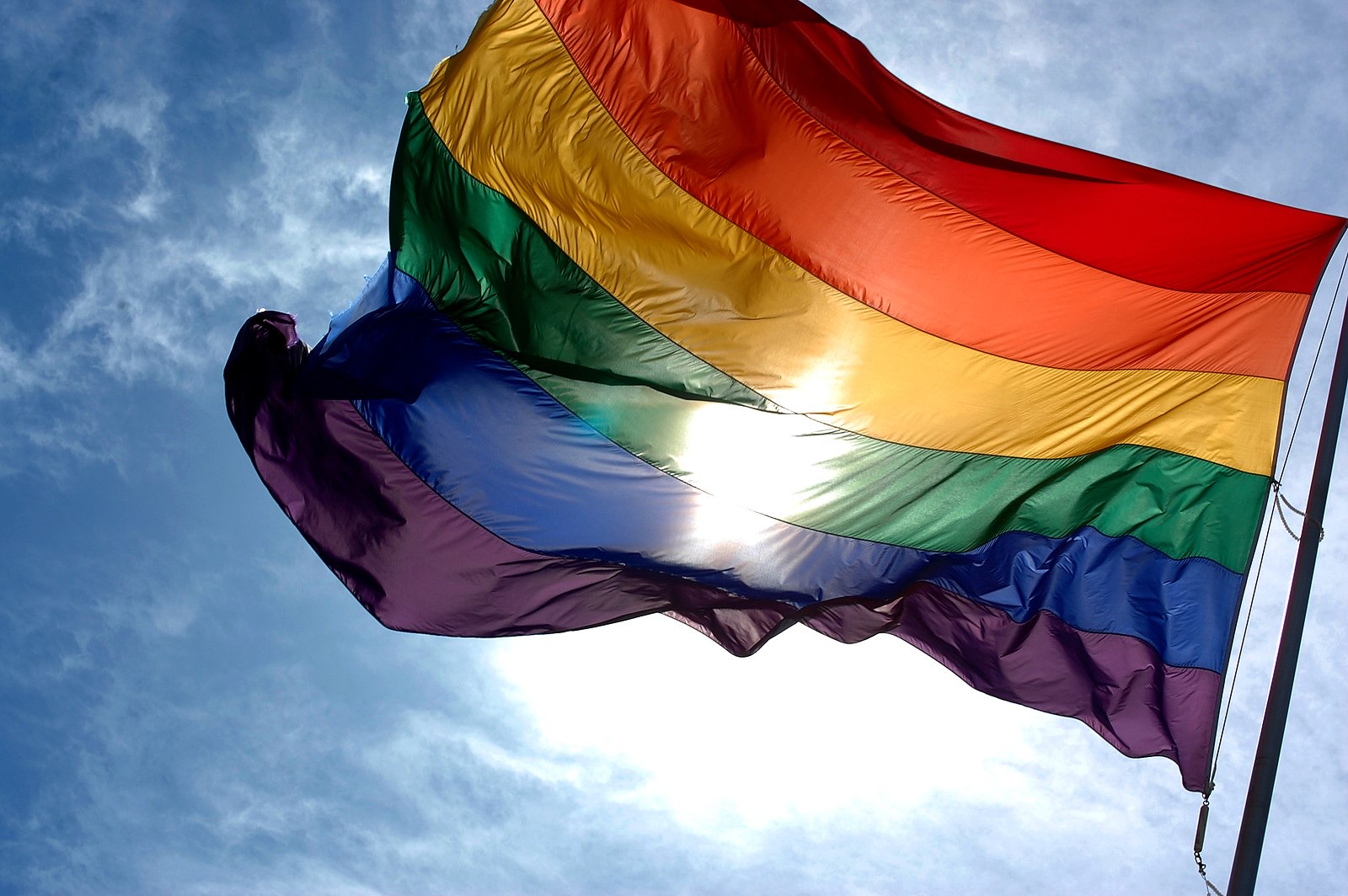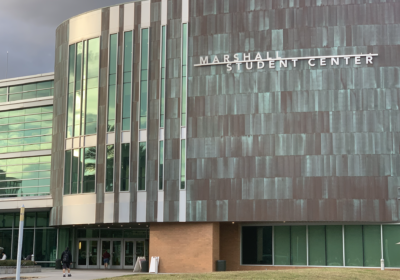OMA to recognize LGBTQ History Month through panels, events

In an effort to educate the USF community on hidden LGBTQ history, the Office of Multicultural Affairs (OMA) planned numerous events this month to shed light on it and allow students to discuss its impact.
These discussions and events are important to recognize during LGBTQ History Month to Cristina Yelvington, coordinator for LGBTQ initiatives, as she said learning and remembering is a vital way to keep progress moving forward for the LGBTQ community.
“Unfortunately, LGBTQ history has been erased from our textbooks, yet LGBTQ people have continued to make history and shape what kind of world we live in,” she said.
“It’s important to learn about LGBTQ history because it is integral to understanding our country and our world. It’s important to know where we’ve been to know where we are and where we’re going. It helps us to envision a future that can be better for all people.”
OMA is hosting different events to honor LGBTQ History Month, such as a documentary screening and panel as well as the Queer Trans People of Color (QTPOC) and Coffee event.
The 2020 documentary Cured will be shown Oct. 26 at 6 p.m. in the Marshall Student Center (MSC) Oval Theater hosted by OMA, the Department of Women’s and Gender Studies and the Counseling Center. The screening is free, and students are not required to RSVP to attend, according to Yelvington.
Cured depicts the story of a campaign made possible by LGBTQ activists that aided in the effort to delist homosexuality from the Diagnostic and Statistical Manual of Mental Disorders in 1973.
Yelvington said the screening will give students the opportunity to learn and reflect on LGBTQ history.
“I think it’s really important for us to know our history, to know where we’ve been, to know where we are and where we’re going,” she said. “As we consider the mental health challenges presented by the COVID-19 pandemic, it’s important for us to know what barriers have existed for LGBTQ people to get the help that they need, and why it’s so important now that LGBTQ people are getting mental health support.
“It is so important that everyone in the USF community has a better understanding of what it means to be mentally well, and how to care for others who are struggling with their mental health and who need support.”
Following the screening, a panel with USF faculty will be open for discussions about the screening or other topics involving LGBTQ issues.
Panelists include graduate program director in the Department of Psychology Jennifer Bosson, licensed clinical psychologist and counselor Darleen Gracia and author of The Lavender Scare David Johnson. The discussion will be moderated by Yelvington and Director of Undergraduate Studies for the Department of Women’s and Gender Studies Tangela Serls.
QTPOC and Coffee will aim to educate and start discussions revolving around LGBTQ topics and history, according to Yelvington. The next session will be Oct. 21 from 5-6 p.m. at the OMA office in the MSC.
“We’re going to talk a little bit about what are the major moments in LGBTQ history that have shaped our reality today, and what are some of the moments in LGBTQ history that you’ve lived through,” she said.
“We’ve borne witness to really important roles in LGBTQ history, from the Pulse nightclub shooting to marriage equality being legalized in 2015. We’ve actually witnessed a lot of important LGBTQ history.”
Throughout the month, Yelvington said she hopes these events can create a safe and welcoming environment for students, even beyond the observance of LGBTQ History Month.
“It makes a difference to students feeling like they mattered in an institution, to see that there are people like them in positions of leadership, and that the university is invested in their care,” she said. “Having visible allies and physical members of the community across campus is really vital for students feeling like they belong, and that who they are is important and celebrated.”






